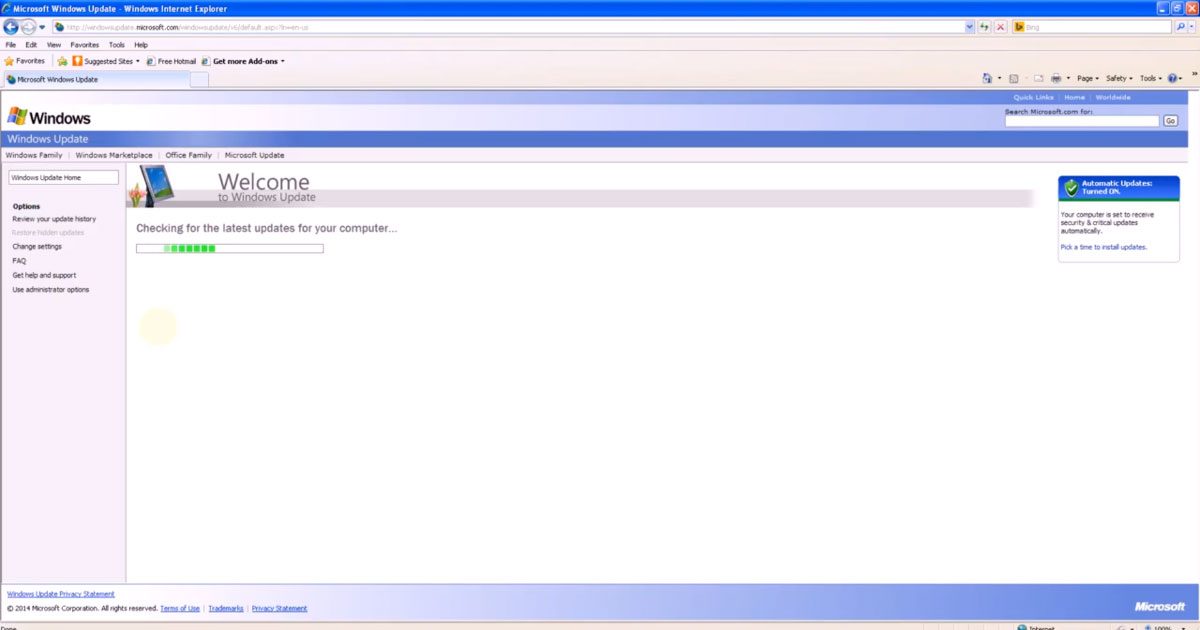

Some of those data seem to have been culled from dumps associated with earlier ransomware attacks. BleepingComputer reports that the new criminal market souk, "Industrial Spy," trades in stolen data. Citizen Lab has offered no "conclusive attribution," but "strong circumstantial evidence suggests a nexus with Spanish authorities."Ī new criminal-to-criminal market has opened for business. Targets include " Members of the European Parliament, Catalan Presidents, legislators, jurists, and members of civil society organisations." Most of the targets were infected with Pegasus, a smaller number with Candiru. The University of Toronto's Citizen Lab describes "CatalanGate," a spyware campaign against targets associated with Catalonia. The CyberWire's continuing coverage of the unfolding crisis in Ukraine may be found here. NB65's motivations in particular are clearly and explicitly expressed in terms of opposition to Russia's war against Ukraine.

The Record summarizes recent activity by OldGremlin and NB65 against a range of Russian interests. Russian organizations have come under hacktivist assault. It describes the attack as "unsuccessful," and, while offering no attribution, notes that the incident occurred the day after the exchange announced it "was halting operations for residents of the Russian Federation." The Gibraltar-based crypto exchange has disclosed that it experienced a distributed denial-of-service (DDoS) attack last Tuesday.

The authorities advise the usual precautions against social engineering. Although in fact it is a computer virus." The targets of the phishing campaign are for the most part government officials.
#Microsoft office 2000 updates download
Cybercriminals use popular instant messengers for correspondence, in messages they ask to download a file with seemingly instructions for actions for a period of wartime. Yes, this time the occupiers are sending out computer viruses, allegedly on behalf of the SBU. And although they are usually unsuccessful, each of us should be attentive to information security. The State Service's warning says, in part, "The enemy does not abandon attempts to arrange cyberattacks in Ukraine. Interfax-Ukraine relays a warning from the State Service for Special Communications and Information Protection that Russian operators are sending phishing messages that represent themselves as communications from Kyiv's security service, the SBU. As Russia increases missile and rocket strikes against Ukrainian cities (in retaliation for Ukrainian "diversions," "sabotage," and "terrorism," says Moscow in revenge for the loss of the cruiser Moskva, says everyone else) and redeploys forces to Donbas and the coast, nuisance-level cyber operations continue.


 0 kommentar(er)
0 kommentar(er)
